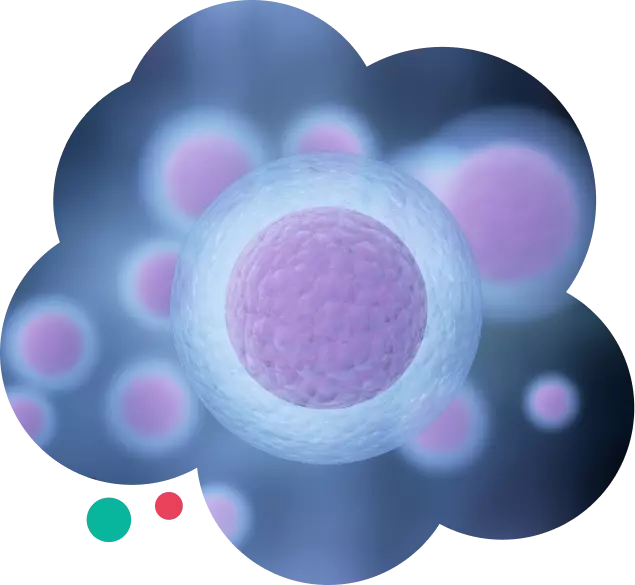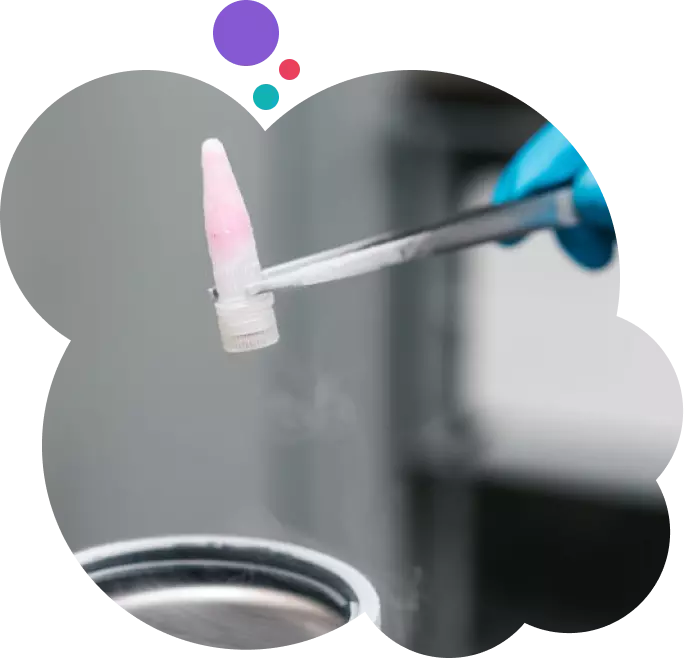
Oocyte freezing, or egg freezing, is a valuable option for women aiming to preserve their fertility for future use. This procedure is especially beneficial for those undergoing medical treatments or facing lifestyle factors that may impact reproductive health. It offers the flexibility to plan for parenthood at a later stage in life, ensuring the preservation of fertility for future opportunities.

Oocyte freezing is a technique used to preserve a woman’s eggs for future use. The process involves retrieving eggs from the ovaries and then freezing them for later fertilization. This allows women to delay childbirth without compromising their future ability to conceive.
The eggs are typically frozen at an early stage to maintain their quality. This method is especially useful for women undergoing medical treatments, like chemotherapy, that may affect their fertility. It provides an opportunity to preserve eggs before such treatments begin.
Oocyte freezing is also popular among women who are not yet ready to start a family but want to secure their reproductive options for the future. The frozen eggs can be thawed and fertilized when the woman is ready to conceive.
The process begins with ovarian stimulation using hormones to produce multiple eggs. Once mature, the eggs are retrieved through a minor surgical procedure. The eggs are then rapidly frozen using vitrification, a method that prevents ice crystal formation and preserves their viability.
After freezing, the eggs are stored in a cryogenic facility until needed. This ensures their preservation over time. When a woman decides to use the eggs, they are thawed and fertilized with sperm.
The resulting embryos are then implanted into the uterus. This step is crucial for potentially achieving pregnancy and starting a family.


Oocyte freezing is suitable for:


The benefits of oocyte freezing include:
Frozen eggs can be stored for many years, often indefinitely, until you are ready to use them.
The egg retrieval is minimally invasive and performed under sedation, so discomfort is generally minimal.
No, oocyte freezing requires that you are not pregnant, as the procedure involves hormone stimulation and egg retrieval.
Success rates vary, but many women achieve successful pregnancies from frozen eggs. Factors like age and egg quality impact outcomes.